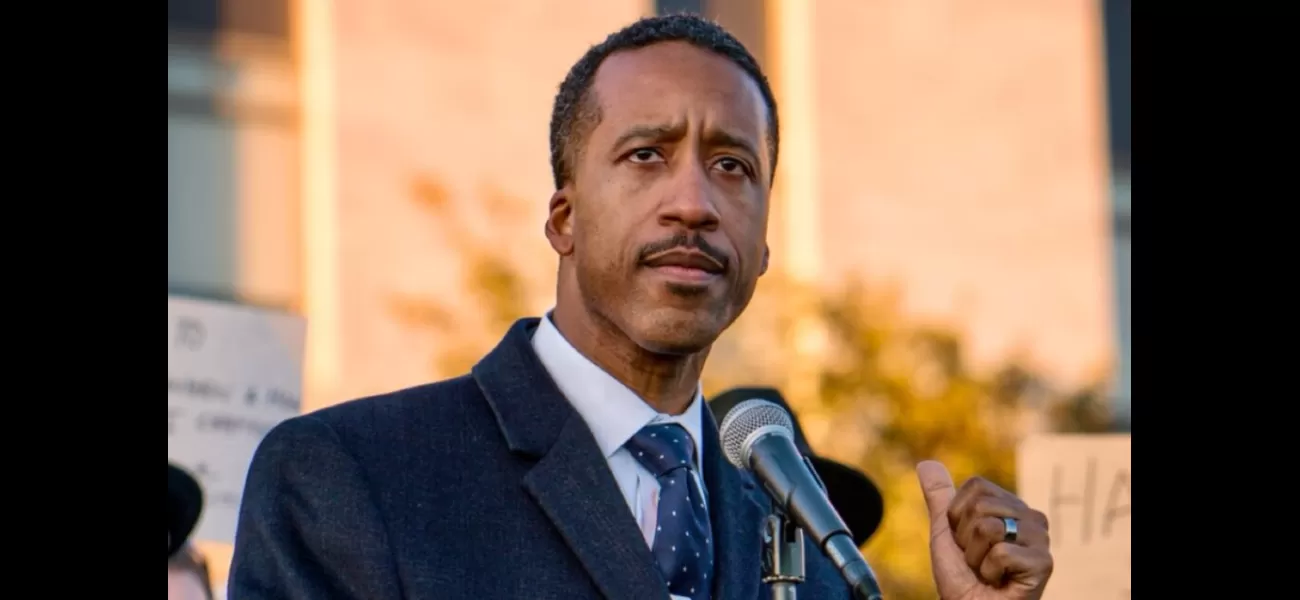D.C. Council passes bill to fund task force for reparations.
DC council OKs budget with funds for reparations task force to address racial inequities.
June 27th 2024.

The city council of Washington, D.C. recently passed a budget for the upcoming year, which includes provisions for a special task force dedicated to researching and proposing solutions for the lasting effects of slavery. The budget has set aside $1.5 million specifically for this project, with the goal of providing reparations to Black residents who have been directly impacted by the injustices of slavery, Jim Crow laws, and ongoing systemic racism.
The bill, introduced by Councilmember Kenyan McDuffie last year, also mandates the creation of a database by the Department of Insurance, Securities and Banking, containing records of slaveholding and life insurance policies on enslaved individuals. This will provide valuable historical information that can aid in the task force's research and proposals.
The Office of Racial Equity within the council played a crucial role in providing recommendations and conducting historical research to better understand the impact of the bill on Black residents. McDuffie expressed the importance of this budget allocation in an interview with The Washington Post, stating that it is a critical step in moving forward with the project.
McDuffie referenced a 2016 study by the Urban Institute, which revealed that white households in Washington D.C. have 81 times the wealth of their Black counterparts. He emphasized the need for a deeper understanding of the history and policies that have contributed to this racial wealth gap in order to begin addressing it.
This issue of reparations is not unique to Washington D.C., as other cities and states, such as California, are also considering ways to address the residual harm of slavery. In fact, Evanston, Illinois made headlines in 2021 for being the first city to implement a reparations program. The program provides $25,000 to Black residents who were directly affected by discriminatory policies, such as redlining, between 1919 and 1969. So far, 129 Black residents have received payments through this program.
However, the program has faced opposition, with a conservative activist group filing a lawsuit claiming that it violates equal protection under the Constitution. This highlights the controversial nature of reparations and the challenges they may face in implementation. Nonetheless, the movement for reparations continues to gain traction, with California Democrats recently reaching an agreement to allocate $12 million towards reparations programs for Black residents.
The bill, introduced by Councilmember Kenyan McDuffie last year, also mandates the creation of a database by the Department of Insurance, Securities and Banking, containing records of slaveholding and life insurance policies on enslaved individuals. This will provide valuable historical information that can aid in the task force's research and proposals.
The Office of Racial Equity within the council played a crucial role in providing recommendations and conducting historical research to better understand the impact of the bill on Black residents. McDuffie expressed the importance of this budget allocation in an interview with The Washington Post, stating that it is a critical step in moving forward with the project.
McDuffie referenced a 2016 study by the Urban Institute, which revealed that white households in Washington D.C. have 81 times the wealth of their Black counterparts. He emphasized the need for a deeper understanding of the history and policies that have contributed to this racial wealth gap in order to begin addressing it.
This issue of reparations is not unique to Washington D.C., as other cities and states, such as California, are also considering ways to address the residual harm of slavery. In fact, Evanston, Illinois made headlines in 2021 for being the first city to implement a reparations program. The program provides $25,000 to Black residents who were directly affected by discriminatory policies, such as redlining, between 1919 and 1969. So far, 129 Black residents have received payments through this program.
However, the program has faced opposition, with a conservative activist group filing a lawsuit claiming that it violates equal protection under the Constitution. This highlights the controversial nature of reparations and the challenges they may face in implementation. Nonetheless, the movement for reparations continues to gain traction, with California Democrats recently reaching an agreement to allocate $12 million towards reparations programs for Black residents.
[This article has been trending online recently and has been generated with AI. Your feed is customized.]
[Generative AI is experimental.]
0
0
Submit Comment




